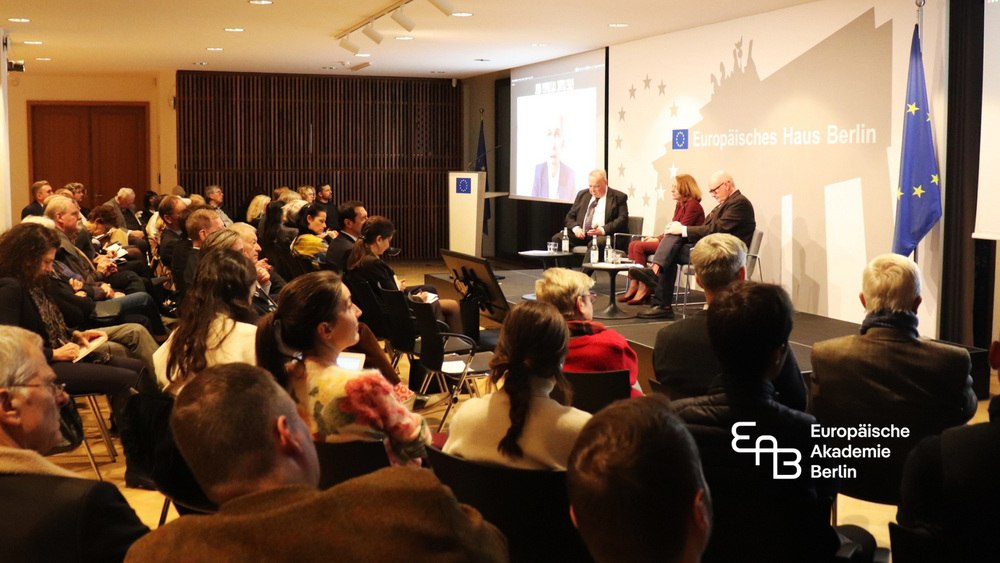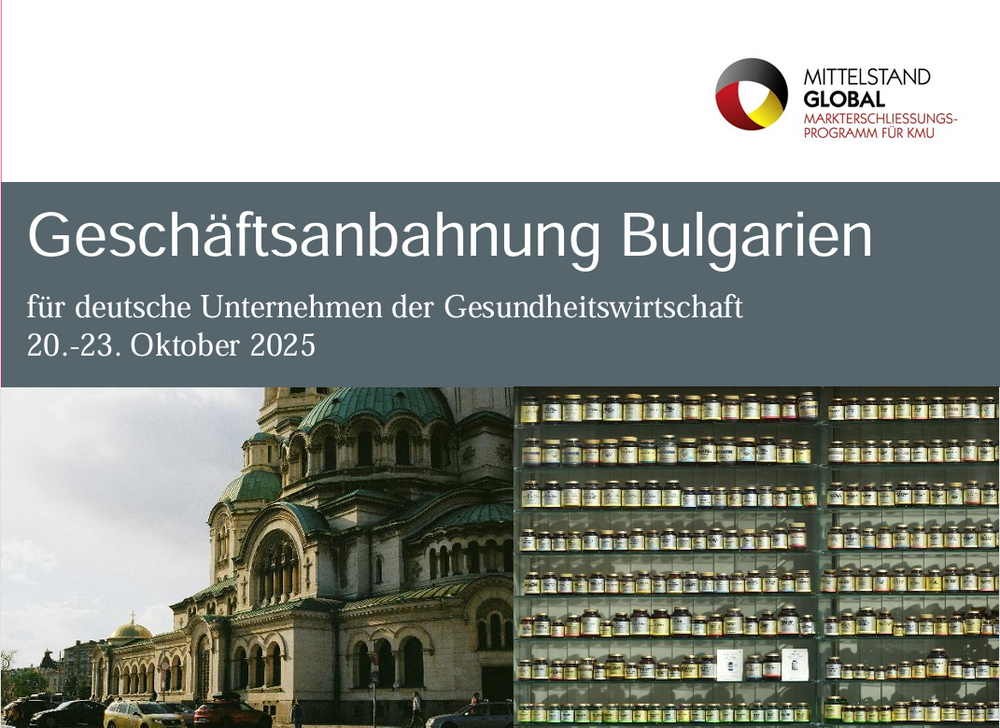Um "die Europäische Union am Schwarzen Meer" ging es am 25. November 2025 beim DBF-Expertengespräch im Europäischen Haus beim Brandenburger Tor - gemeinsam mit der Europäischen Akademie Berlin und der Berliner Vertretung des Europäischen Parlaments.
Der Vorsitzende des Deutsch-Bulgarischen For ...

